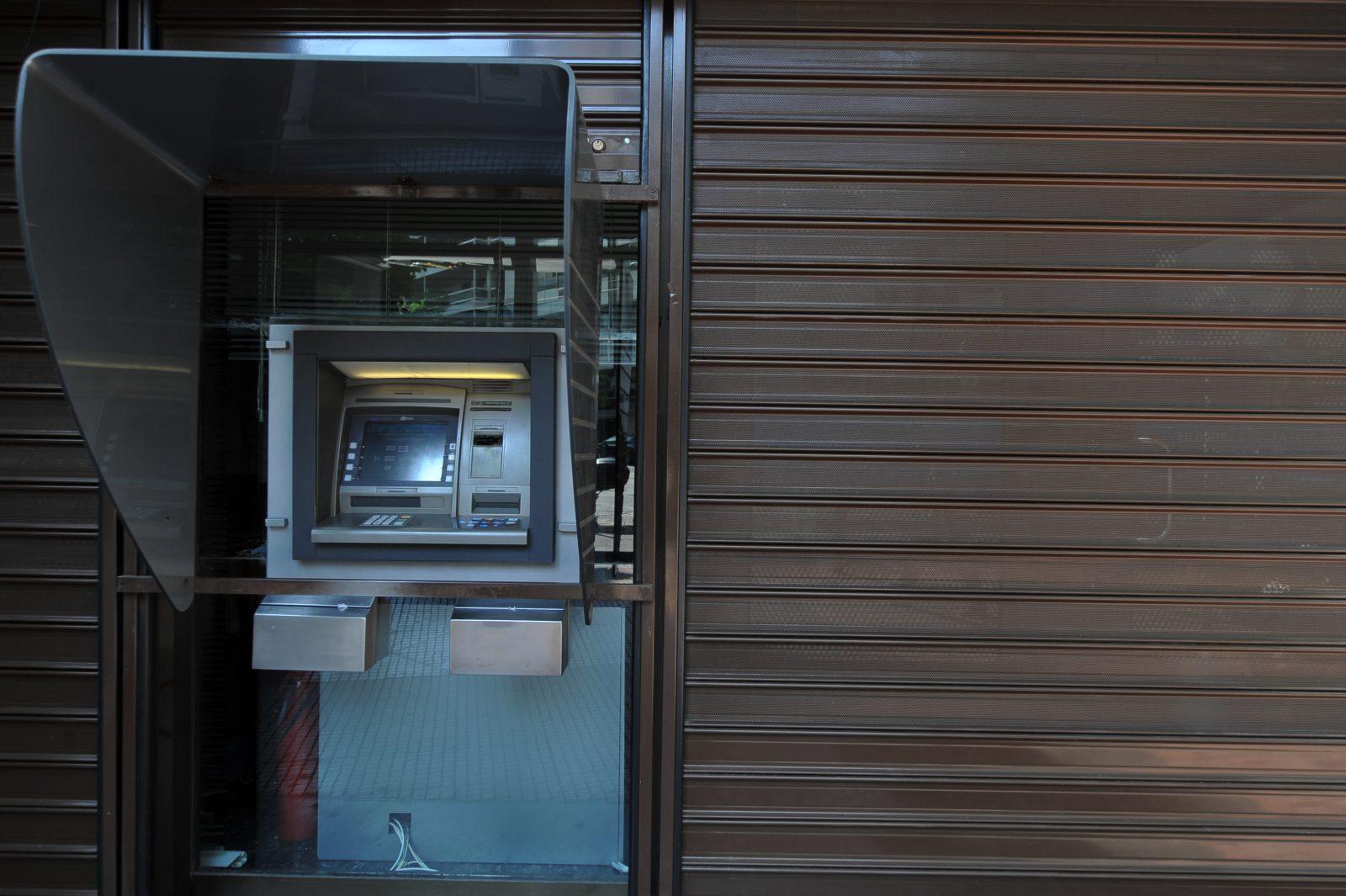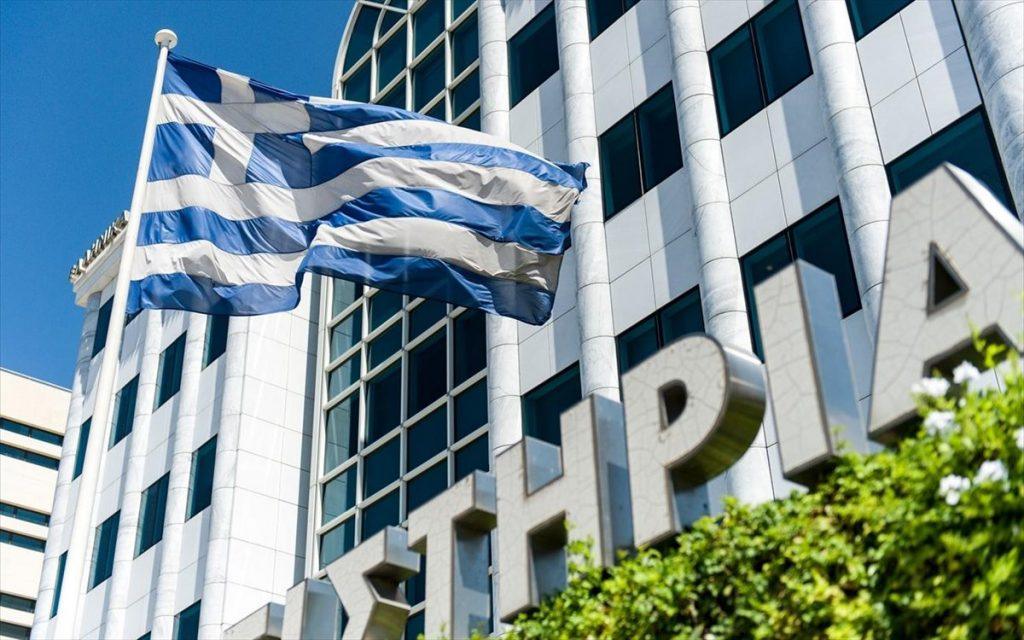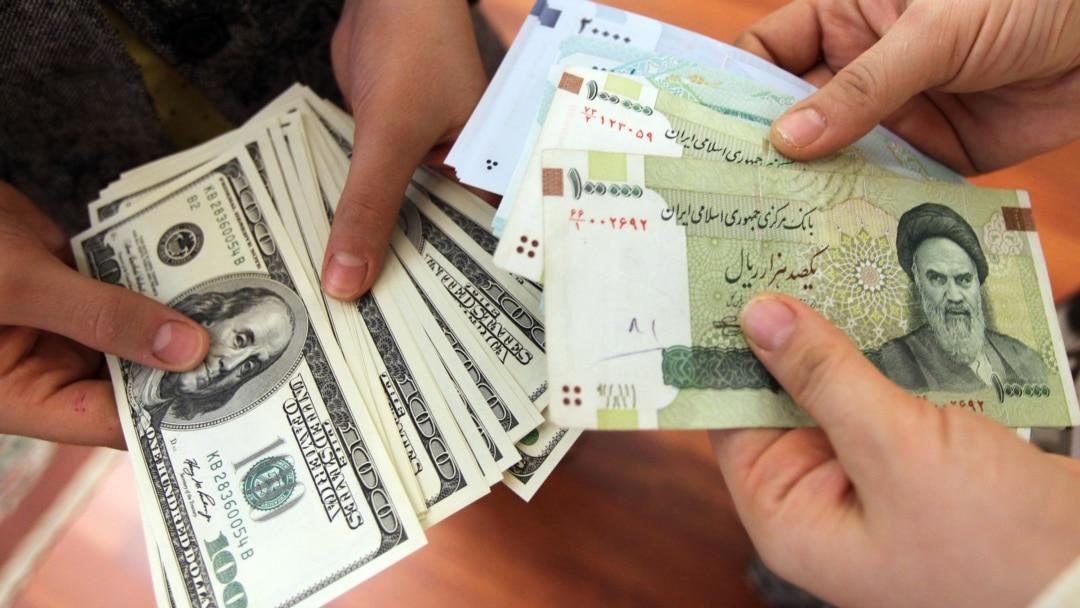Yiannis Stournaras is extremely persistent. He has taken the issue of tax evasion as his per project and will take it to the end. This was seen with the special analysis he reserved in the monetary policy report he released on Friday. He opened the debate during the pre-election period, when the opposition parties were looking for ways to make it even easier for those who indulge in this odious work and the government was worried not to “make waves”.
His calculation at the time, in his interview with in.gr, may have seemed like that of a “bean counter”, but he struck at the right moment at the heart of the problem. He had said that while the declared incomes are 80 billion euros, consumption reached 140 billion euros, so we are 60 billion short. This money has not been declared anywhere and with an average tax rate of 30%, it means a loss of about 18 billion from public funds.
Within this range of sums lies the problem and it seems clear that’s where the most powerful pocket of tax evasion is also located. The central banker refers in his analysis to the special report published by the European Commission two days after the first elections, on May 23. The Commission observed that there is significant scope for broadening the tax base, thus easing taxation for the rest, from the self-employed sector, turnover of which increased rapidly, while their declared incomes hardly increased. The Bank of Greece highlights this discrepancy in a footnote of the report, and is likely to indicate significant tax evasion and loss of tax revenue. What could be more obvious. This tax category declares 48.6 billion in revenue and is taxed for 4.2 billion. The remaining 44.4 billion euros becomes an “orgy” of expenditure, officially labeled corporate expenses.
The good thing is that Kyriakos Mitsotakis, who is also persistent and free from pre-election anchors, has “grasped” the issue. The interventions have been ready for some time, they were contained in one of the blue files handed over to the new financial staff and will attempt to completely change the image of dealing with tax evasion in Greece, giving a sense of tax justice. The question is whether it will be done at a combined level with positive measures planned by the government. Personally, I consider it a great opportunity at the present juncture to attempt a resounding intervention in the disclosure of a large amount of taxable material, which has been in a “no-fire” zone for years. Moreover, the government can do so now that fiscal space exists, to bolster the effort with incentives that will benefit the pocketbook of other taxpayers. Those who always pay without complaining.
Instead of proceeding, for example, with horizontal tax-free increases, to motivate citizens to further use “plastic money” in transactions, as we lag behind the European average (37% in Greece, 46% in the eurozone). It could, in this direction, redesign the motivations of citizens to request proof pf purchase from professions with high delinquencies. Until now, they have been tried and proved unsuccessful, as the benefit given by the state was less than that offered by tax evasion.
In addition, it could further reduce the already successful limit of retail transactions (to 500 euros today) and obviously proceed with the interconnection of cash registers with the tax authorities. The cost of implementing all this, in front of the benefit to public funds and society, is very small


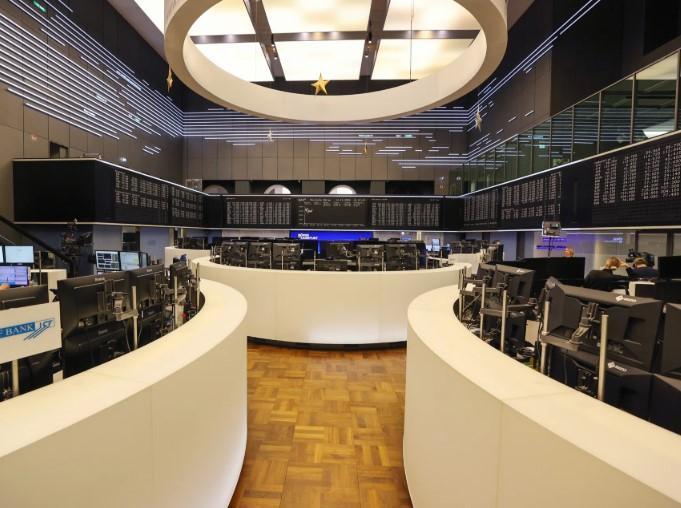









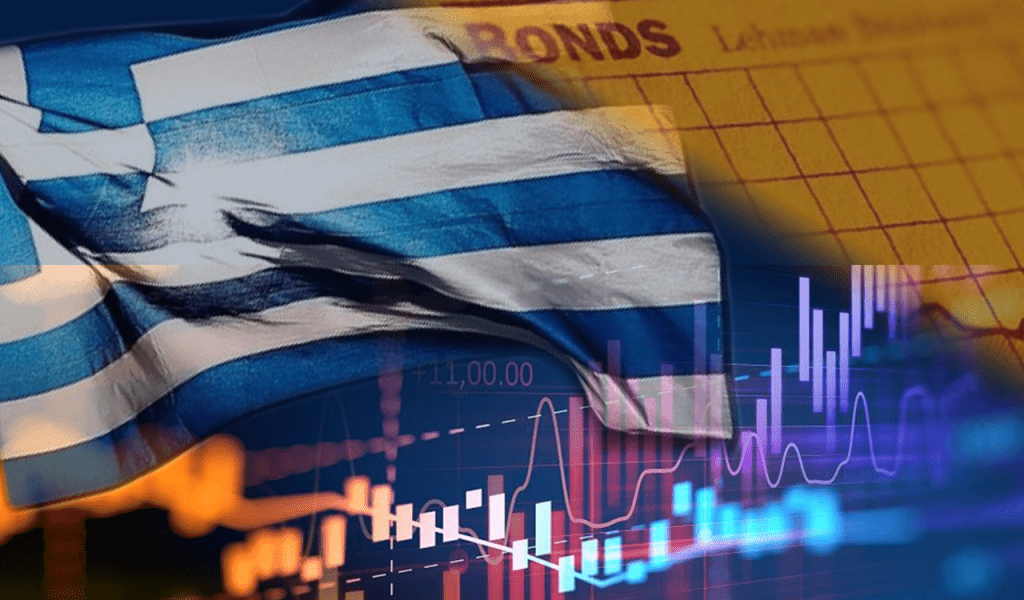


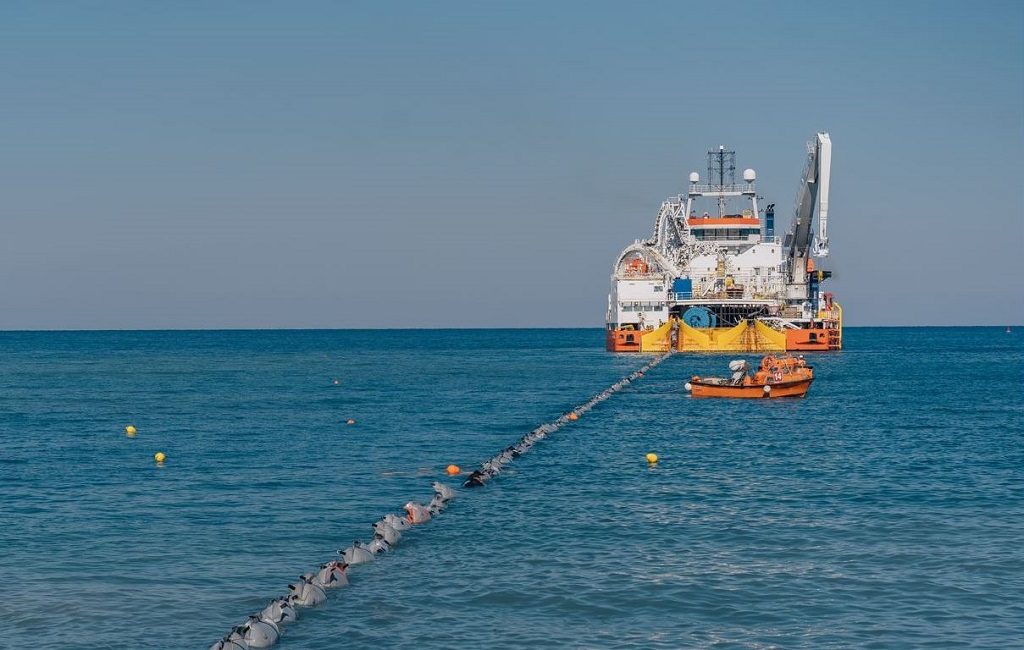

![Ελαιόλαδο: Ανάκαμψη στην παραγωγή, πίεση στην κατανάλωση – Τι αλλάζει έως το 2035 [γραφήματα]](https://www.ot.gr/wp-content/uploads/2025/07/elaiolado.2023-1.jpg)




